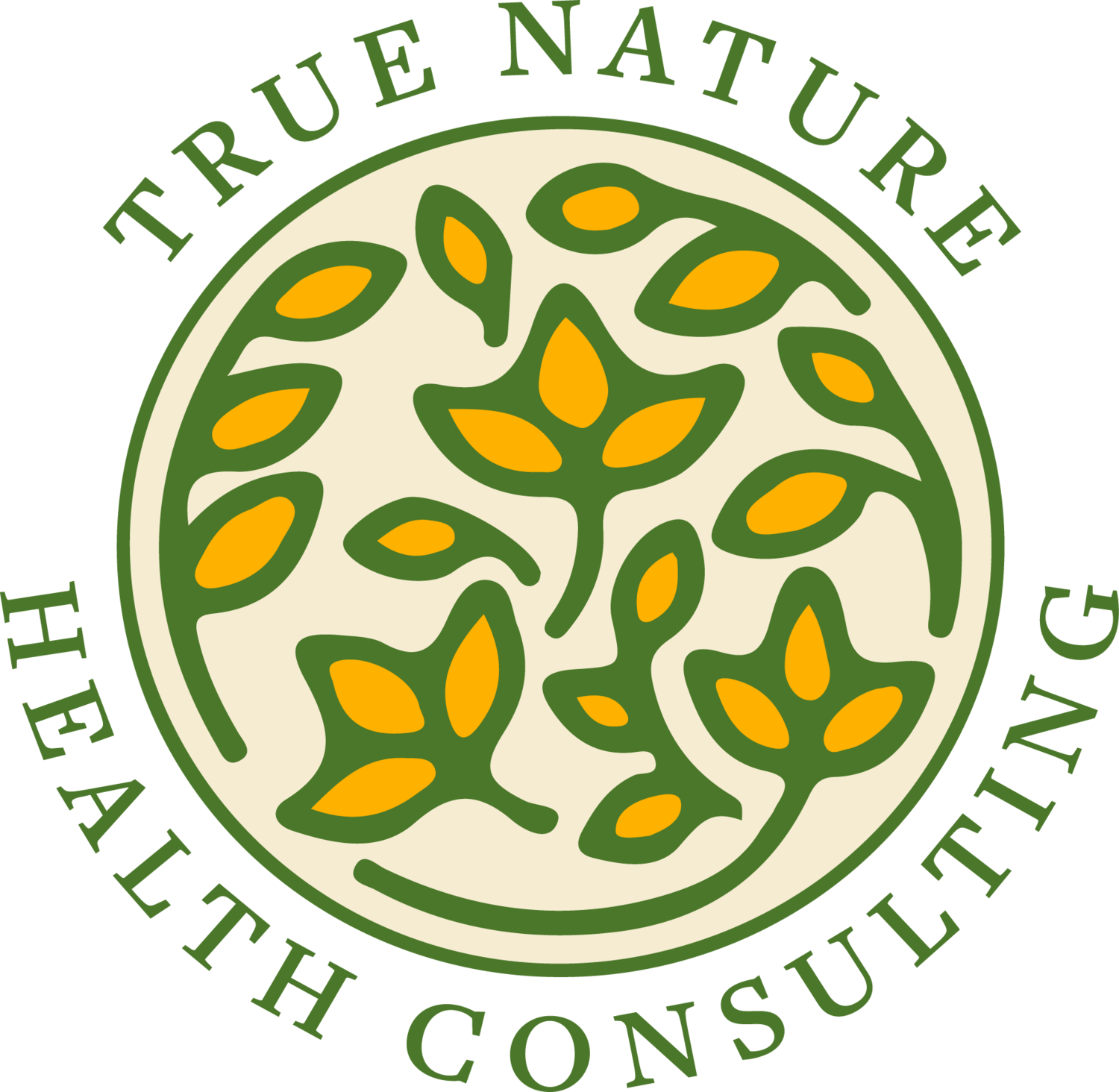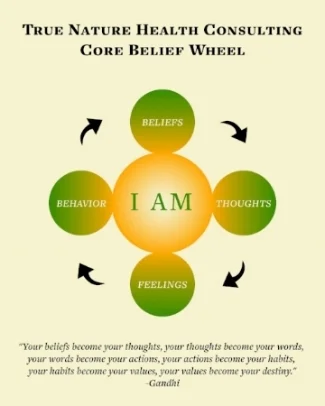Optimal Health and Your Gut Integrity: Keys to Individual Success
Your gut is front and center, in your body structure and in your whole health. The integrity of the digestive tract is paramount to every aspect of your holistic health, from nourishment & absorption of your nutrients to the stability of your immune system to neurotransmission and detoxification. In the early developing fetus, a clump of cells called the neural crest divides, contributing one half to become the brain, and the other half to become the gut. What impacts the gut impacts the brain as well. Maintaining high integrity and diversity of microbes in the gut should be a first course of action with any health concern or condition. Yet its individuality in your body and the particular approach to creating stability and vitality in your gut are not always easy to decipher. Enlisting a trained investigator to help put the pieces of your puzzle together may be the best investment of your life. A good, trained practitioner will help you understand your risks, strengths, weaknesses, and best choices for a lifetime of optimal gut health.
The Main Considerations for Achieving Gut Health
Here, I will discuss what considerations should be brought to the forefront in order to heal your gut, achieve stability and understand how critical investigation is when something goes wrong.
A first course of action to begin the stabilization in your gut is to assess and initiate practice with your Metabolic Type®. Eating for your individual metabolic needs allows the optimization of ATP (adenosine triphosphate) production. ATP is necessary for every single cell, every single function in your body - it is like the gas in your car. Without adequate production, homeostasis becomes compromised. This is not just a process for eating "healthy", but a process of eating for your individual biochemistry and regulation. It is profound and creates a foundation for all healing, along with good practices in ecological nutrition.
Just as important as eating for what is right for you is to not eat what is wrong for you. This consideration includes food sensitivities, some of which are categorized (such as FOS, FODMAP, SCD, histamine, etc.) as well as random foods that your body does not process well. In some cases, sensitivity testing is helpful, and in many cases, it is not. The immune system (which is reacting to foods) is in a constant state of flux, so foods you test sensitive to on one given day may not produce a reaction on another day. A specific process of awareness and intuition plus pulse testing is much more helpful than expensive sensitivity testing.
Next it is important to consider the strength and integrity of your mucosal barrier. There are many known and widely accepted disruptors of the mucosal barrier, such as gluten intolerance/celiac disease, H pylori, SIBO, and parasites. These are all frequent offenders capable of reducing strength in the barrier, but others which are lesser known are just as critical to consider. Toxins such as heavy metals, plastics, petrochemicals, and even hormones are capable of damaging the mucosal barrier as well, and are less frequently discussed than pathogens and foods. The lining of the gut is very thin - only one cell thick. This design is purposeful in order to allow the passage of necessary nutrients both in and out, but the problem begins when irritants, including toxins, damage these very sensitive and thin tissues in the digestive tract. Any chronic or acute pathogen in the gut environment carries with it the capacity to damage the lining, causing difficulty with digestion and assimilation. A careful review of all risks is necessary to determine the likelihood of mucosal barrier weakness.
As mentioned above, toxins are a big problem in the digestive tract (as well as many other sites in the body), as they are mobilized into the GI tract for excretion every single time we eat as well as during the night when detoxification is increased. Something we are seeing on an increasing level in functional health investigation is compromise of phase II and III detoxification processes. Our bodies were not designed to handle the amount of toxins we are currently faced with and have not evolved sufficiently to excrete such large quantities of toxins. This causes a recirculation of toxins through the body over and over again, and as stated previously, they are sent back into the digestive tract through the bile every time we begin to eat a meal. Authors of a 2017 study made these statements about the interaction of the gut with glucoronides and recycling:
"biliary- and enteric-eliminated glucuronides participate into recycling schemes involving intestinal microbes. Recycling schemes impact the apparent plasma half-life of parent compounds and their glucuronides that reach intestinal lumen, in addition to prolonging their gut and colon exposure." (1) If not bound by a fibrous food or medicinal substance for removal, and if not processed effectively through glucoronidation and adequate intestinal microbes, this can be repeated countless times. Another important consideration around toxins is the prevalence of aluminum in our environment and our bodies. While a "light" metal, if aluminum is not detoxified, it has an affinity for both the brain and the gut (there's that connection again). In the gut, aluminum blocks the immune nodules in the lymphatic system called the Peyers' patches. The frequency of toxic exposure is highly agitating to the digestive tract, the nervous system and the immune system.As critical as bile flow is the proper balance of stomach acid. Much more common than excess acid is low stomach acid, especially in the presence of heavy metal toxins. Heavy metals reduce the number and the health of the parietal cells in the stomach which are responsible for producing hydrochloric acid (HCL). Acid is necessary...it is the defense against pathogenic bacteria in the gut and of course is essential in the breakdown and assimilation of nutrients. Critical to HCL production is an adequate store of zinc. Zinc becomes depleted in the presence of heavy metals and the vicious cycle of poor detoxification with poor HCL production continues on and on.
Diversification and balance of our intestinal microbiome is key to gut health. In modern society, the ecological sourcing of fresh foods with naturally-occurring bacteria is no longer practiced intentionally nor regularly. Our foods are sourced, in large part, from places very far away from where we live, stored and shipped for significant periods of time, and arrive to us with diminished nutrition. Also in modern society we have accepted that probiotic supplementation is the answer to this problem - however, it has been well documented that few people benefit from this practice, as most laboratory-grown bacteria do not survive the gut environment (2). They are aerobic in nature whilst the gut is anaerobic. The main benefits appear to be stimulation of the immune system from the clearing of dead bacteria. Another point of import is that supplementation may or may not provide one with the colonies of bacteria actually needed in their individual gut environment. Learning to practice ecological nutrition is key. Please read more here.
We simply cannot avoid the topic of stress and emotion in this conversation. Because of the delicate balance between the gut (immune system) and the brain (nervous system), the considerations of your beliefs, thoughts, feelings, and actions in life are key to relaxing and balancing the gut. Numerous gut issues, including IBS, SIBO, poor motility, poor secretion and excess permeability are associated with stress (3). Additionally, your intestines are muscles, and all muscles are instructed by the nervous system. If your nervous system is indeed nervous, your body responds with high amounts of sympathetic activity, inclusive of muscle contraction. Many people try to "control" their thoughts vs. looking carefully at what beliefs are causing negative thoughts and emotions. Getting to the root cause, which is belief, fixes everything else in response...
Being Healthy Takes Guts!
It takes guts - real guts and gumption guts - to have a human experience with health and vigor. At True Nature Health Consulting, we will work together to find the right combination of factors and approaches to get your health in order. Finding this healing space within yourself and within your gut allows every cell, organ, and system in your body to function with greater ease and success. Contact me at Julie@truenaturehealthconsulting.com for more information and visit https://healthygut.com/practitioners/ to see my association with this company providing excellent options for digestive support. We provide holistic telehealth services.
Sources
1) Yang G, Ge S, Singh R, Basu S, Shatzer K, Zen M, Liu J, Tu Y, Zhang C, Wei J, Shi J, Zhu L, Liu Z, Wang Y, Gao S, Hu M, "Glucoronidation: driving factors and their impact on glucoronide disposition", Drug Metab Review, May 2017
2) James Chin, Bernadette Turner, Idris Barchia, Arno Mullbacher, "Immune response to orally consumed antigens and probiotic bacteria", Immunology and Cell Biology, September 1999
3) Konturek PC, Brzozowski T, Konturek SJ, "Stress and the gut: pathophysiology, clinical consequences, diagnostic approach and treatment options", J Physiol Pharmacol, December 2011


